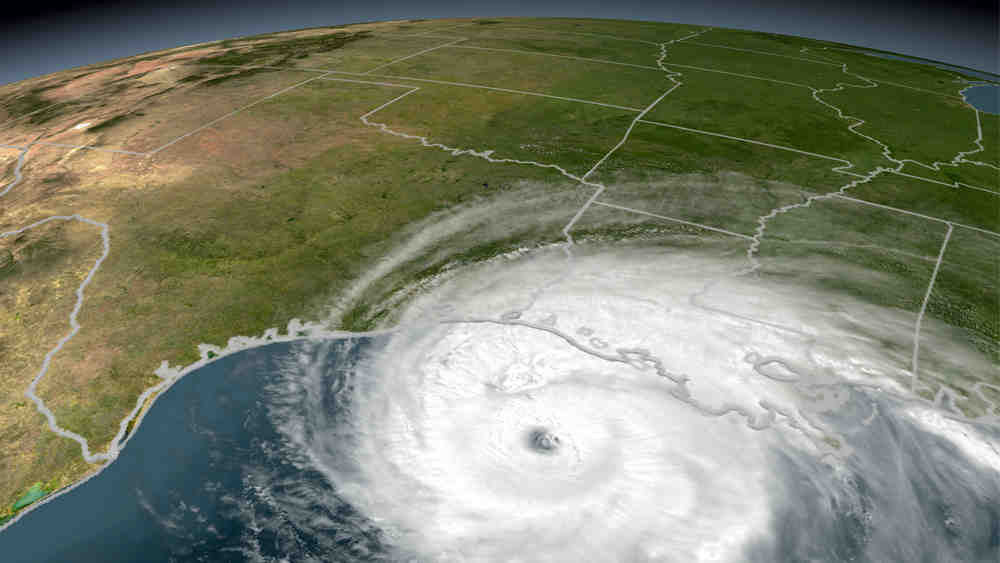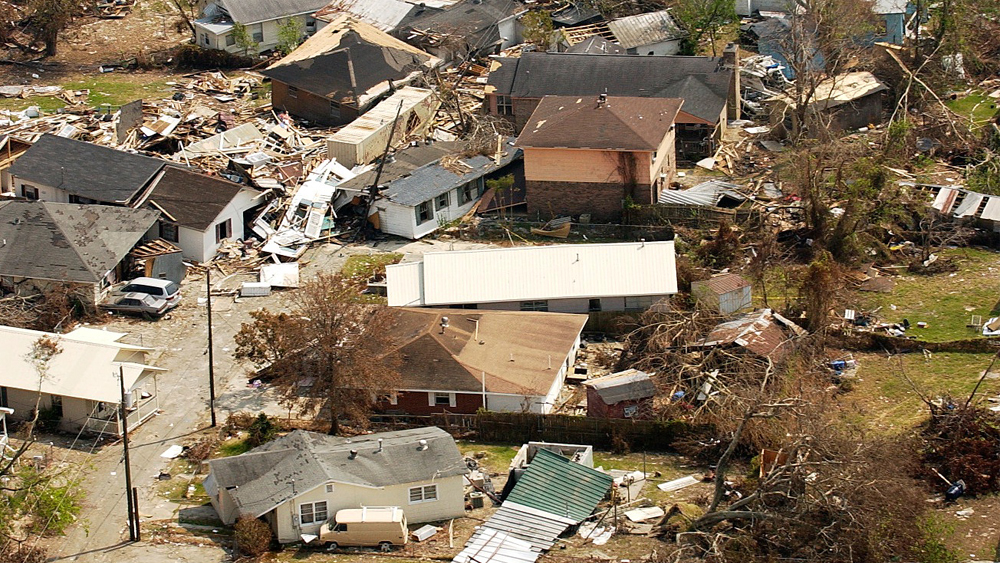
Researchers at Texas A&M University will lead a hub of five institutions across the country to conduct fundamental research to support holistic decision-making for historically underrepresented communities impacted by coastal hazards.
The Focused Coastline and People Research Hub at Texas A&M, which will bring together communities, stakeholders and researchers, has been established thanks to a five-year, nearly $4.2 million grant from the National Science Foundation. Along the Northern Gulf Coast, communities from Texas to Florida are particularly at risk for coastal hazards, including hurricanes, tsunamis, coastal storm surges, flooding, sea-level rise and erosion.
The National Science Foundation's (NSF) Coastlines and People (CoPe) program, an interdisciplinary research initiative supported by several NSF divisions, is aimed to study complex interactions between coastal processes, human dynamics and the built environment. These studies require a focused investment in novel, multidisciplinary science that engages diverse local stakeholders. The CoPe program supports coastal research hubs, which aim to accomplish the above objectives by incorporating a convergent science approach. The project was also endorsed by the United Nations Decade of Ocean Science for Sustainable Development.
Dr. Maria Koliou, assistant professor in the Zachry Department of Civil and Environmental Engineering at Texas A&M, will serve as lead principal investigator of the Focused Coastline and People Research Hub.
"Through an integrative research approach, this focused hub will lead to the development of a framework that will quantify the interdependence between coastal hazards, built environment, geodemographics and social and cultural factors, thus enabling decision making aimed at minimizing the socio-economic impact of coastal hazards to historically underrepresented communities," she said. "What sets this focused hub apart is that, through fundamental research, we will build a community digital twin that will enable decision making for short- and long-term resilience actions through a new holistic perspective on diverse communities based on cultural and social aspects."
In addition to researching various tasks, Koliou will oversee the project schedule, community engagement and ensure all milestones and deliverables are met.
Through community events, surveys, roundtables and discussion forums, this project will identify critical community needs, priorities and concerns, determine critical issues, co-collect data and solicit expertise, co-develop and refine research, and create evaluation metrics.
"This framework will be validated with data collected from tribal communities in the Northern Gulf Coast and cultural preservation sites through engaged research and experiential drills to understand, assess, measure and enhance resilience," she said.

There will be five other co-principal investigators from Texas A&M: Dr. Petros Sideris, assistant professor in civil and environmental engineering; Dr. Siyu Yu, assistant professor in landscape architecture and urban planning; Dr. Anand Puppala, professor in civil and environmental engineering; Dr. Jim Kaihatu, professor in civil and environmental engineering; and Dr. Michelle Meyer, associate professor in landscape architecture and urban planning and director of the Hazard Reduction and Recovery Center. There will also be four co-PIs from other institutions: Dr. Jayur Madhusudan Mehta, assistant professor in anthropology at Florida State University; Dr. Stuart Nolan, research assistant/emergency management analyst at the Stephenson Disaster Management Institute at Louisiana State University; Dr. Haizhong Wang, associate professor of civil and construction engineering at Oregon State University; and Dr. Andres Gonzalez, assistant professor in the School of Industrial and Systems Engineering at the University of Oklahoma.
"Conducting scientific research on community resilience is a complex and multidimensional undertaking that relies on expertise from multiple disciplines including anthropology, archeology, urban planning and engineering principles via community-engaged research,” Koliou said. “The team is truly excited to receive a nice comment from the NSF panel that summarized that 'It was so beautifully written, such a pleasure to read.' All the hard work put in by the team over the past year in collaborating on this proposal has been truly rewarded in a nice way, and we all are looking forward to an excellent start."
The team will also collaborate closely with the U.S. Department of the Interior South Central Climate Adaptation Science Center, part of a federal network of nine centers that work with natural and cultural resource managers to gather scientific information and build tools needed to help wildlife and ecosystems adapt to the impacts of climate change.
As part of the grant, an engagement program will also be established to support a pipeline for high school students from these underrepresented communities into and through graduate school.